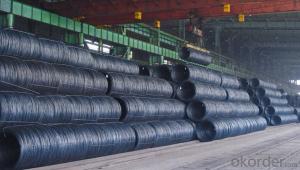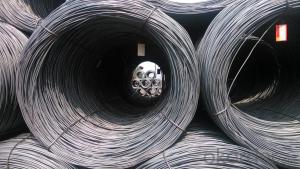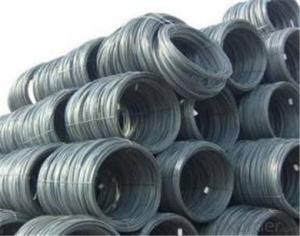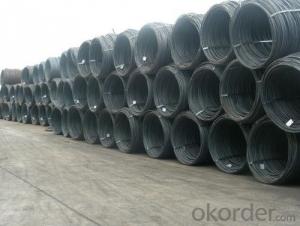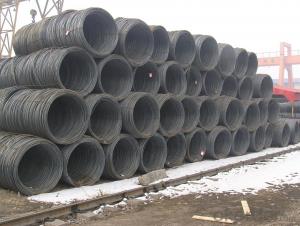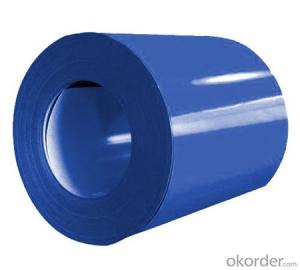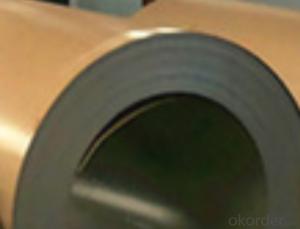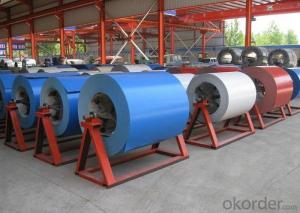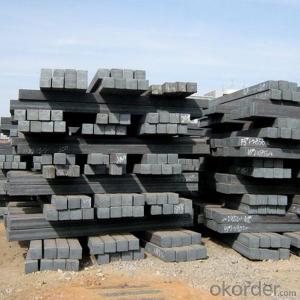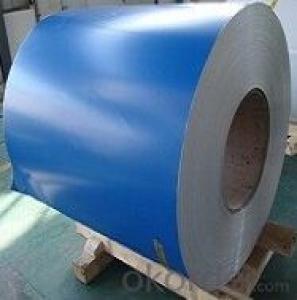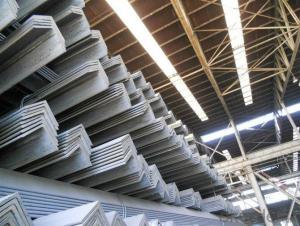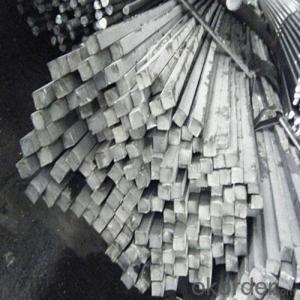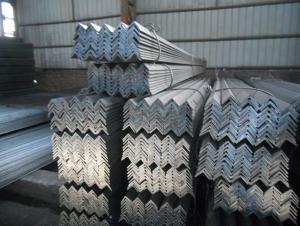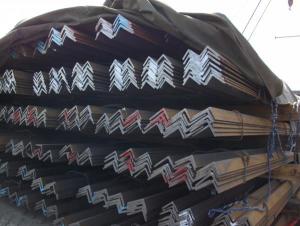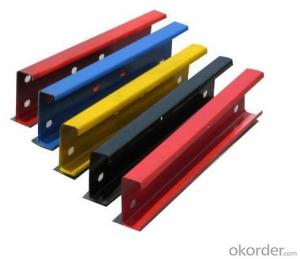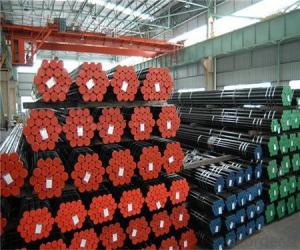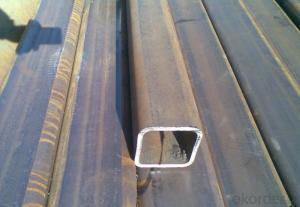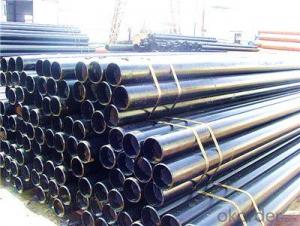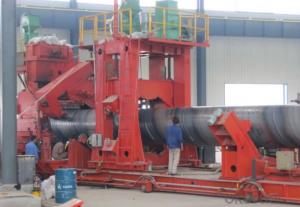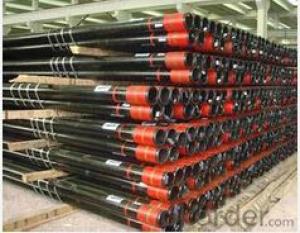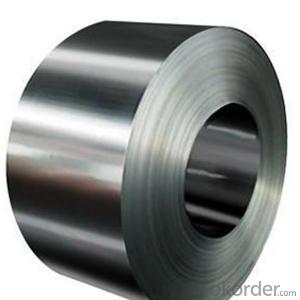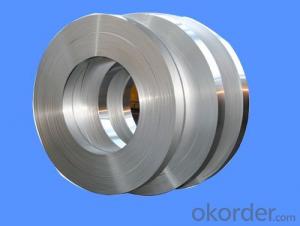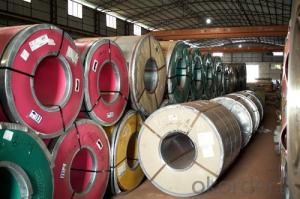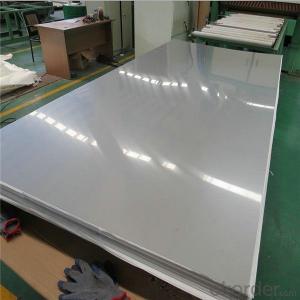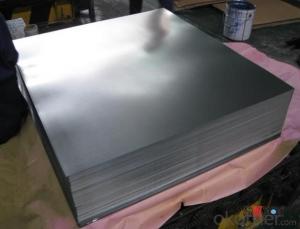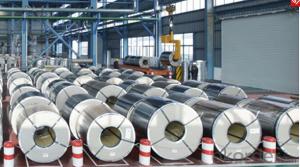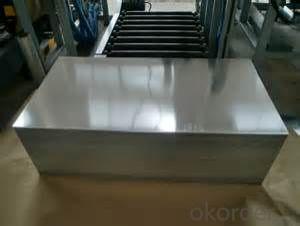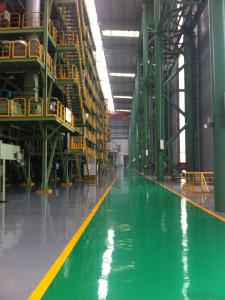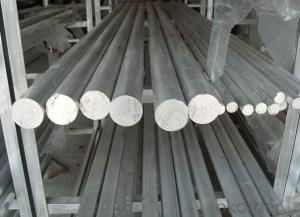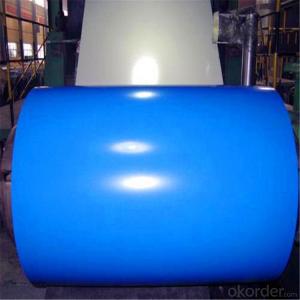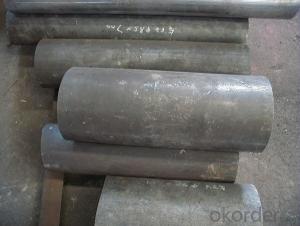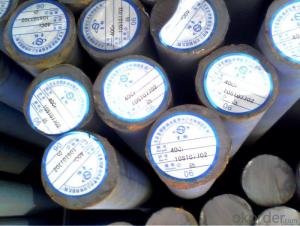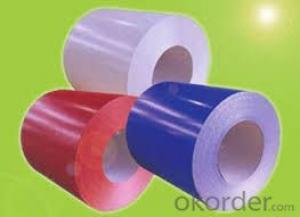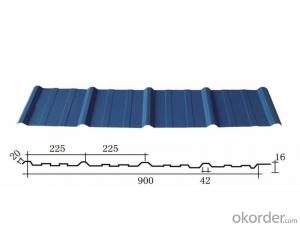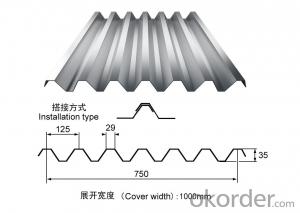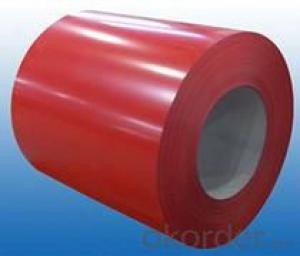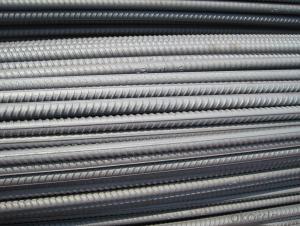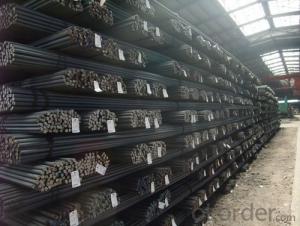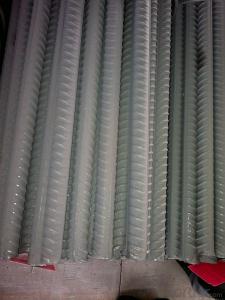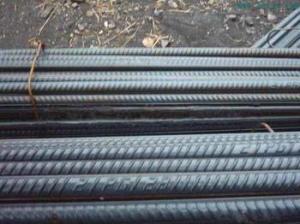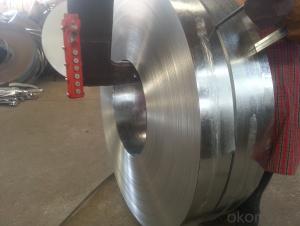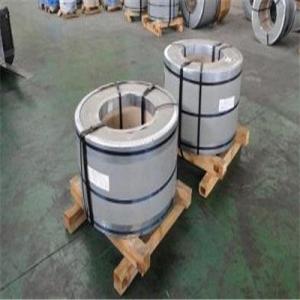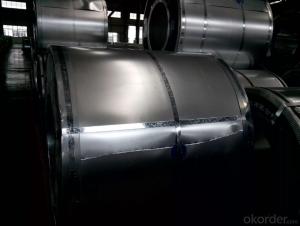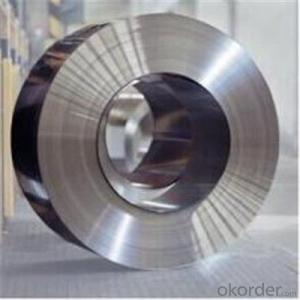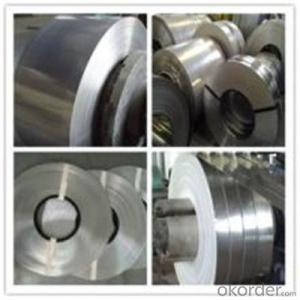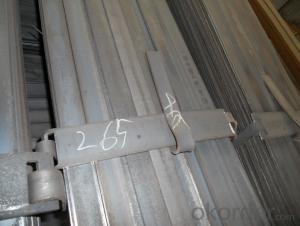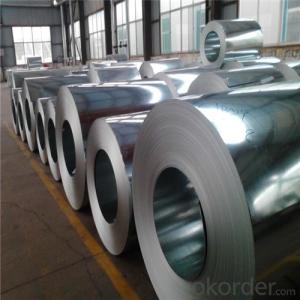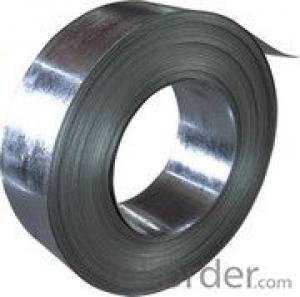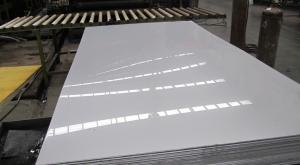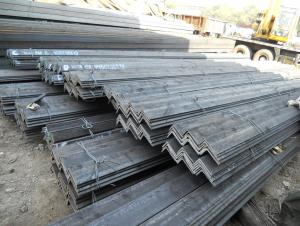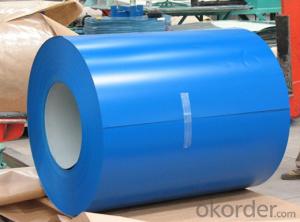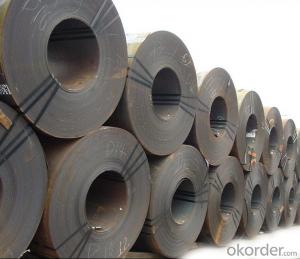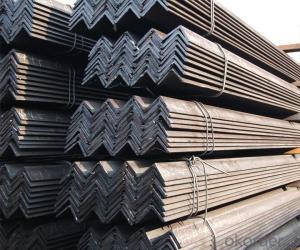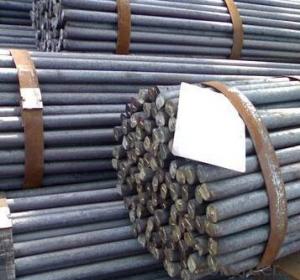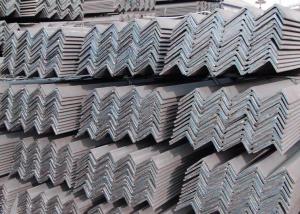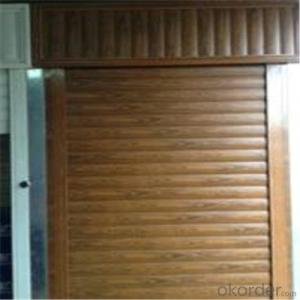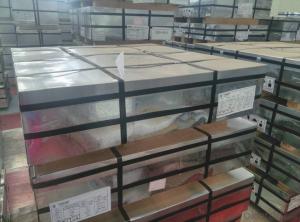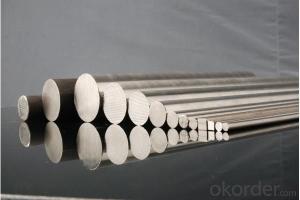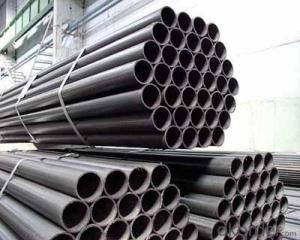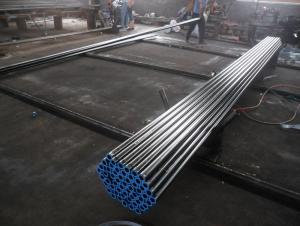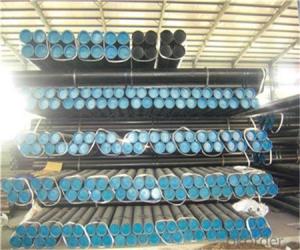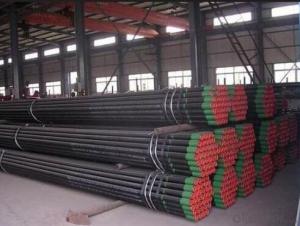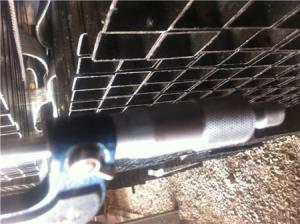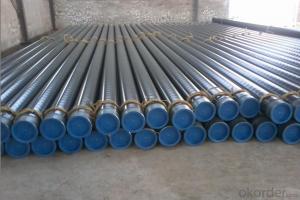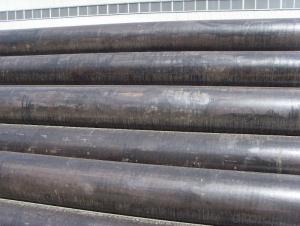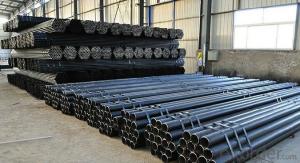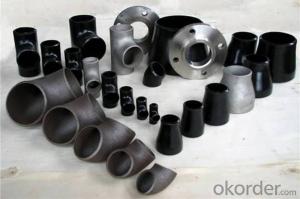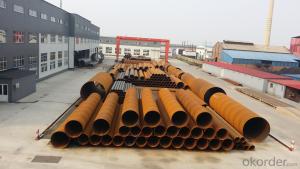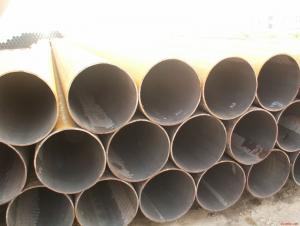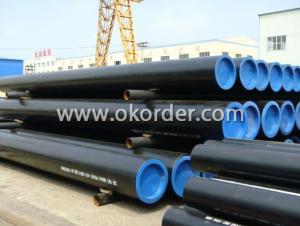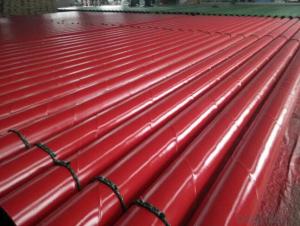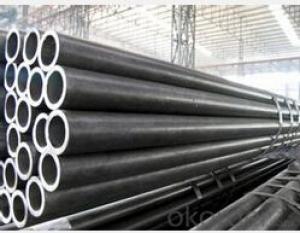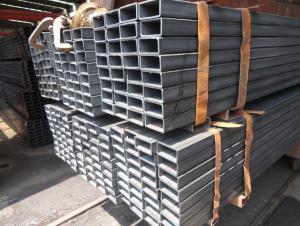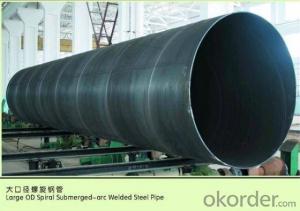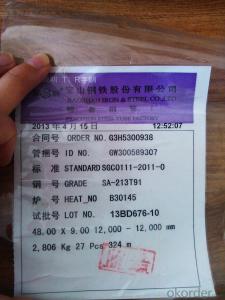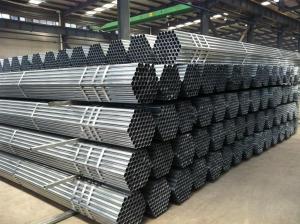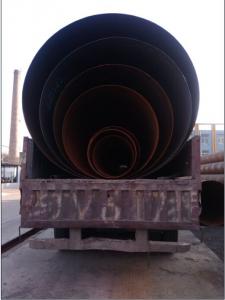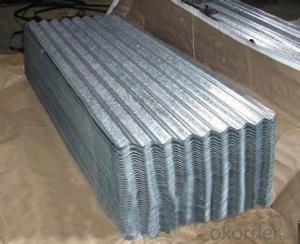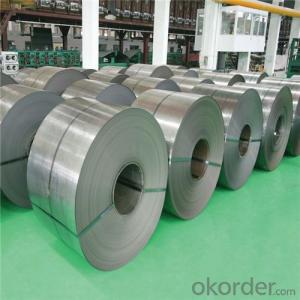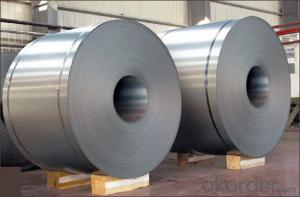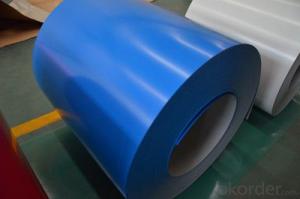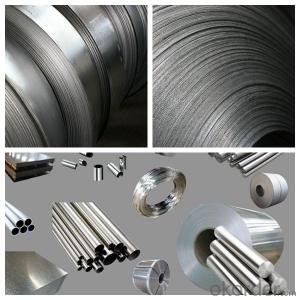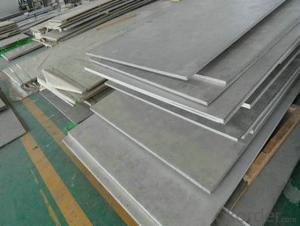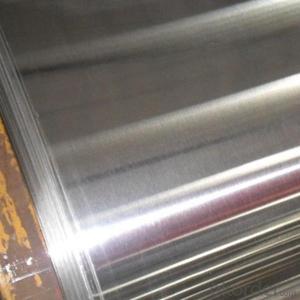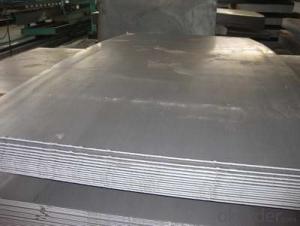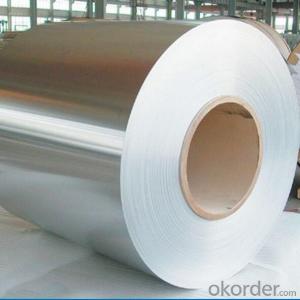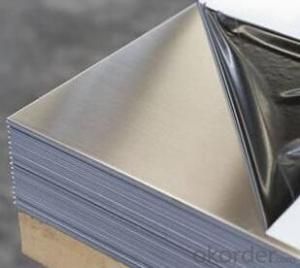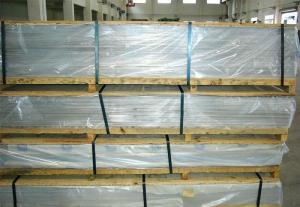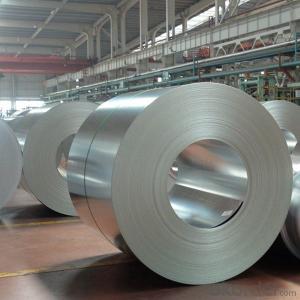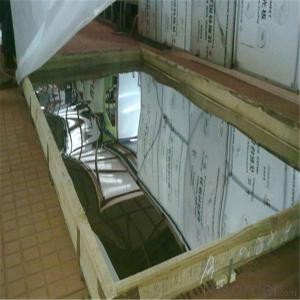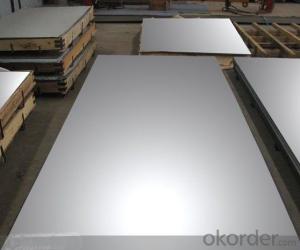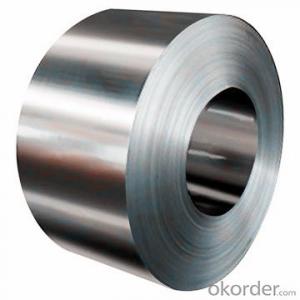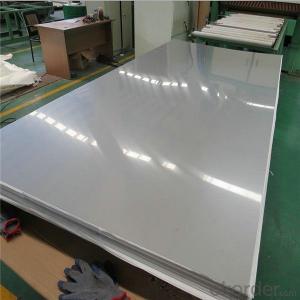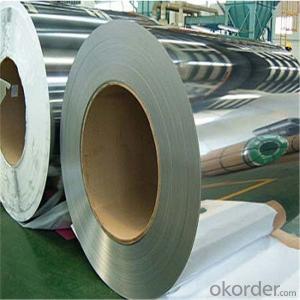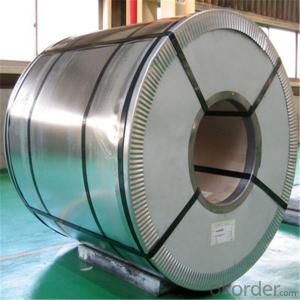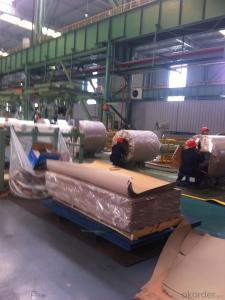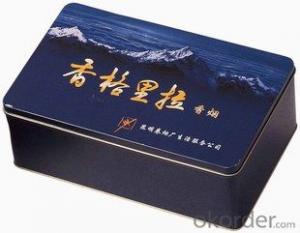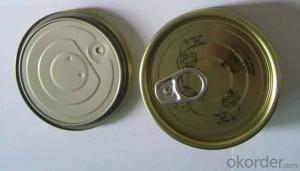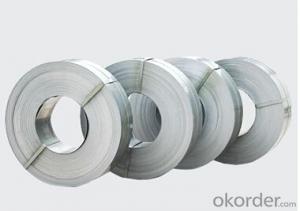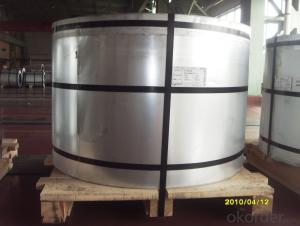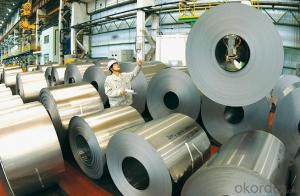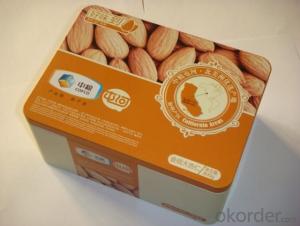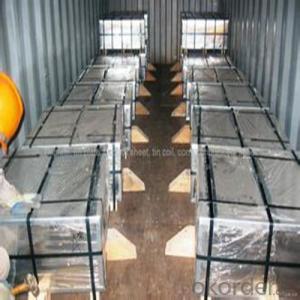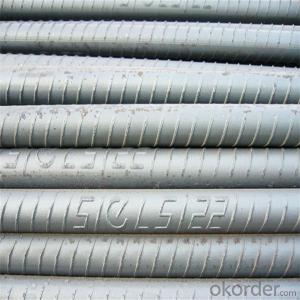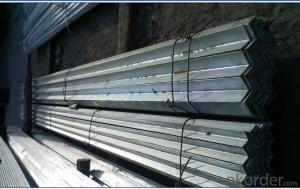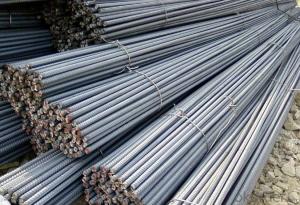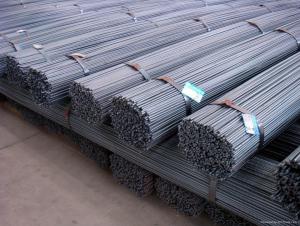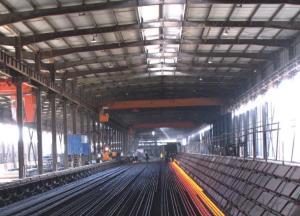All Categories
- - Steel Wire Rod
- - Steel Coils
- - Steel Profiles
- - Steel Pipes
- - Stainless Steel
- - Tinplate
- - Special Steel
- - Steel Sheets
- - Steel Rebars
- - Steel Strips
- - Hot Rolled Steel
- - Cold Rolled Steel
- - Pre-painted Steel
- - Seamless Steel Pipe
- - Welded Steel Pipe
- - Hollow Steel Tubes
- - Galvanized Pipe
- - Stainless Steel Coil
- - Stainless Steel Sheet
- - Stainless Steel Plate
- - Stainless Steel Strips
- - Electrolytic Tinplate Coil
- - Electrolytic Tinplate Sheet
- - Stainless Steel Rebars
- - Solar Panels
- - Solar Water Heater
- - Solar Related Products
- - Solar Inverter
- - Solar Cells
- - Solar Light
- - Solar Energy Systems
- - Solar Controllers
- - Solar Mounting System
- - Solar Pump
- - Solar Chargers
- - Fiberglass Chopped Strand
- - Fiberglass Mesh Cloth
- - Composite Pipes
- - FRP Pultrusion Profiles
- - Fiberglass Mat Tissue
- - Fiberglass Fabrics
- - Fiberglass Mesh
- - Composite Tank
- - Fiberglass Mesh tape
- - Polymer
- - FRP Roofing Panel
- - Fiberglass Roving
- - Monolithic Refractories
- - Ceramic Fiber Products
- - Refractory Bricks
- - Raw Materials For Refractory
- - Suspended Platform
- - Cranes
- - Concrete Machinery
- - Earthmoving Machinery
- - Building Hoist
- - Road Building Machinery
- - Plastic Pipe Fittings
- - Plastic Tubes
- - Plastic Sheets
- - Agricultural Plastic Products
- - Plastic Nets
 All Categories
All Categories
Steel Wire RodView More
Steel CoilsView More
Steel ProfilesView More
Steel PipesView More
Stainless SteelView More
TinplateView More
Special SteelView More
Steel SheetsView More
Steel RebarsView More
Steel StripsView More
Hot Rolled SteelView More
Cold Rolled SteelView More
Pre-painted SteelView More
Seamless Steel PipeView More
Welded Steel PipeView More
Hollow Steel TubesView More
Galvanized PipeView More
Stainless Steel CoilView More
Stainless Steel SheetView More
Stainless Steel PlateView More
Stainless Steel StripsView More
Electrolytic Tinplate CoilView More
Electrolytic Tinplate SheetView More
Stainless Steel RebarsView More
Q & A
What are the effects of steel tariffs on international trade?
The effects of steel tariffs on international trade can be significant. Firstly, they can lead to higher prices for imported steel, which may negatively impact industries that rely on steel as a key input, such as construction and manufacturing sectors. This can result in reduced competitiveness and potential job losses. Secondly, steel tariffs can trigger retaliatory measures from other countries, leading to trade wars and further disruptions in global trade. Additionally, the uncertainty created by the imposition of tariffs can deter foreign investment and hinder the growth of international commerce. Overall, steel tariffs can disrupt supply chains, increase costs, and hamper mutually beneficial trade relationships between nations.
What are the challenges in welding and joining steel?
Some of the challenges in welding and joining steel include achieving proper heat control, managing distortion and warping, controlling the formation of weld defects, ensuring adequate strength and durability of the welded joint, and dealing with the potential presence of impurities or contaminants in the steel. Additionally, the selection of appropriate welding techniques, consumables, and equipment is crucial to overcome these challenges and achieve high-quality welds in steel.
Wholesale Steel from supplier in Zimbabwe
Our team of experts is dedicated to providing top-quality steel products and services to meet the diverse needs of our customers. We understand the unique requirements of the Zimbabwe market and strive to deliver cost-effective solutions for various industries such as construction, manufacturing, and infrastructure development.
As a steel supplier, we offer a wide range of products including structural steel, reinforcement bars, pipes, sheets, and coils. Our products are sourced from reputable manufacturers worldwide, ensuring high-quality standards and reliability. We also provide value-added services such as cutting, bending, and fabrication to meet specific project requirements.
In addition to our product offerings, we provide comprehensive pricing solutions to ensure competitive rates for our customers. Leveraging our global network and strong partnerships, we negotiate favorable pricing terms to optimize cost-efficiency without compromising on product quality.
Furthermore, we offer technical assistance to support our customers throughout the project lifecycle. Our team of experienced engineers and technicians provide guidance and expertise in steel selection, design optimization, and installation techniques. We work closely with our clients to understand their needs and provide tailored solutions that meet their technical requirements.
Being a subsidiary platform of CNBM, a Fortune Global 500 company, we benefit from the vast resources and expertise of the group. This enables us to offer a wide range of products, competitive pricing, and technical support that sets us apart in the Zimbabwe steel market.
Overall, our goal is to be the preferred steel supplier in Zimbabwe by delivering superior products, competitive pricing, and exceptional customer service. We are committed to building long-term partnerships with our clients and contributing to the growth and development of the Zimbabwean economy.
As a steel supplier, we offer a wide range of products including structural steel, reinforcement bars, pipes, sheets, and coils. Our products are sourced from reputable manufacturers worldwide, ensuring high-quality standards and reliability. We also provide value-added services such as cutting, bending, and fabrication to meet specific project requirements.
In addition to our product offerings, we provide comprehensive pricing solutions to ensure competitive rates for our customers. Leveraging our global network and strong partnerships, we negotiate favorable pricing terms to optimize cost-efficiency without compromising on product quality.
Furthermore, we offer technical assistance to support our customers throughout the project lifecycle. Our team of experienced engineers and technicians provide guidance and expertise in steel selection, design optimization, and installation techniques. We work closely with our clients to understand their needs and provide tailored solutions that meet their technical requirements.
Being a subsidiary platform of CNBM, a Fortune Global 500 company, we benefit from the vast resources and expertise of the group. This enables us to offer a wide range of products, competitive pricing, and technical support that sets us apart in the Zimbabwe steel market.
Overall, our goal is to be the preferred steel supplier in Zimbabwe by delivering superior products, competitive pricing, and exceptional customer service. We are committed to building long-term partnerships with our clients and contributing to the growth and development of the Zimbabwean economy.
